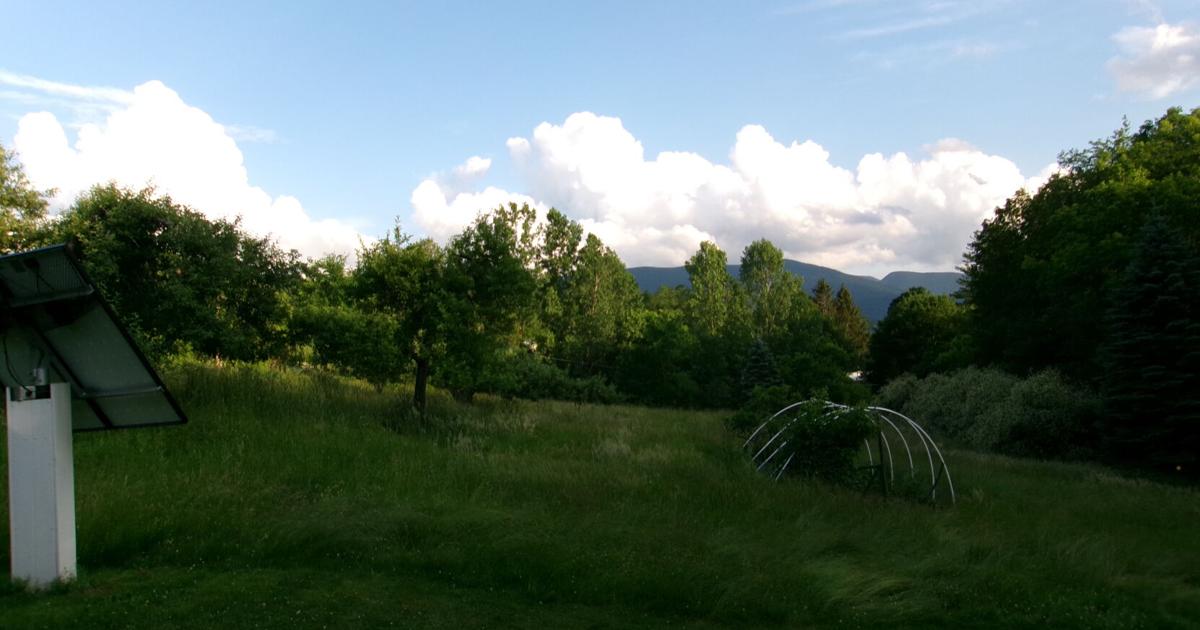By By Lauren R. Stevens
A few generations from immigrating to this land from Europe, this country’s founders considered the massive forests, lush meadows, shining waters and abundant wildlife. It was the new Eden, created by the divine being and, as we now recognize, improved by the earlier Native residents.
Concord and Lexington have had their parades this May. Next year, the nation will celebrate the 250th anniversary of the Declaration of Independence. Thomas Jefferson was the primary author of that founding document. He believed in the “Spirit of ‘76,” which he saw as leading this country and other nations into a new era of human freedom. He summed up the spirit in the Declaration:
“We hold these truths to be self-evident, that all men are created equal, that they are endowed by their Creator with certain unalienable Rights, that among these are Life, Liberty and the pursuit of Happiness.”
Those self-evident truths were in part a product of the exuberance of the land. They had roots in old-world writers like Thomas Locke, but they were nourished and grew in this soil. The great, green spectacle of North America provided the power and the daring to conceive of overthrowing tyrants, human equality and, of all things, happiness.
The term, in this context, means the pleasure derived from living a virtuous life.
Few human beings, through the ages and in Jefferson’s time, experienced that kind of happiness. He knew that. So how else could he come up with the concept that pursuit of happiness could be and should be the human state except by absorbing nature’s gifts, including the countryside and his lovely Monticello estate?
Abbot Hall’s iconic 1876 painting “Spirit of ’76” of two drummers and a fifer with the flag in the background embodies Jefferson’s belief that the origins of the United State would continue to inspire oppressed residents of this country and around the world long after 1776. Much has gone wrong. Jefferson himself was a slave master and mistreated Natives.
Yet his vision continues to inspire, as he predicted.
Katharine Lee Bates saw the beauties of this land when she headed west to teach at Colorado College in 1893. Looking out from Pikes Peak, words came to her that articulate the relationship between the Declaration and the environment. Samuel Ward, a church organist, composed the tune.
“O beautiful for spacious skies
For amber waves of grain
For purple mountain majesties
Above the fruited plain!
“America! America!
God shed His grace on thee
And crown thy good with brotherhood
From sea to shining sea!”
May the beauty of the land and the Spirit of ‘76 continue beyond our present troubling times.
At least, that’s how it looks from the White Oaks.
